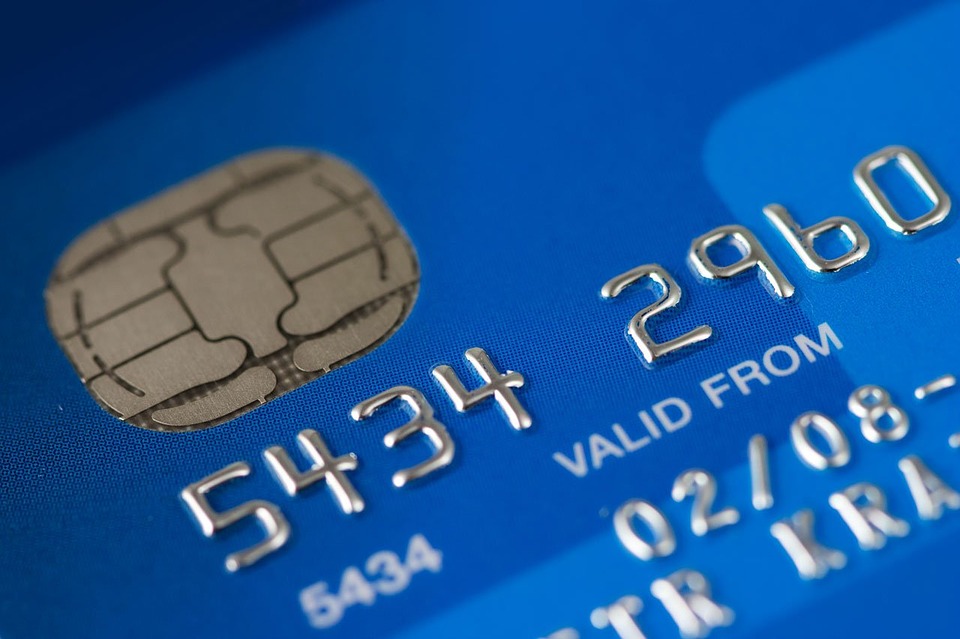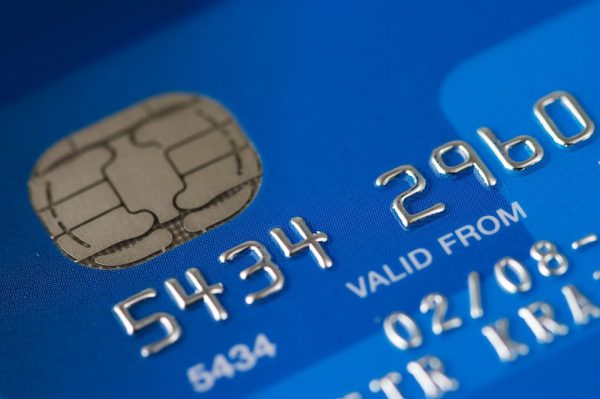Smart cards have, over the years, gained popularity in several countries of the world. It is very likely you have used this card one way or the other while carrying out transactions or engaging in some other activity. The benefits are endless; it also has few limitations that has reduced its usage in some locations.
In this post, we will be particular about the use of smart cards in Nigeria; what it has been used for, which industry or sector utilizes it the most, and its pros and cons as expressed by users. Read on to learn more.
What is a Smart Card
A smart card is a physical, electronic authorization device which is used for controlling access to resources. The birth of this device can be traced to the year 1971 in an Intel Laboratory. Most smart cards are small sized and are made with plastic. Each card comes embedded with integrated circuits which often carry several design patterns on the metal chip, the metal chip on the smart cards help to facilitate the connection between the external and internal chip, and powers a large variety of applications.
Smart cards aid the facilitation of personal identification, data storage, application processing, authentication, and financial transactions. Also, it can serve as a payment method for public transit, healthcare, schools, and many more. Many influential organizations make use of smart cards for strong security authentication (SSO).
Major Uses of Smart cards in Nigeria?
Nigerians as a people appreciate tools that are fast, easy and convenient to use. This is one of the major reasons why smart cards are used by both great and small in Nigeria, and with each passing day, the number of users plummets.
Smart cards are utilized for several purposes which make things easier for each user. Below are some of the major sectors that make use of smart cards and how it benefits them.
- Smart cards for banking and retail
Common forms of smart cards include credit cards, debit cards, ATM cards, and many more. These cards carry chips and make use of a PIN (Personal Identification Numbers) or codes to access their functions. Most require a 4 to 6-digit PIN, while other smart cards otherwise known as ‘’chip and signature cards’’ only need a signature for verification.
Smart cards also serve as fuel cards, public transport payment cards, phone payment cards, and much more. Many also use these cards as electronic wallets or purse by loading it with funds and then use it for purchasing goods and services particularly at supermarkets, grocery stores, and many more.
- Healthcare industry
Top healthcare providers in Nigeria are constantly faced with the need to upload the data of new and existing healthcare users on a daily basis. As such, to facilitate proper documentation, maintain the efficiency of patient care and safeguard patients’ privacy, smart cards are employed.
With the help of smart cards, patients’ information can be stored securely, medical history can easily be accessed, updated, and deleted as the case may be. Health insurance procedures for patients has also been made easy with the use of smart cards. Compliance with governmental initiatives like parts donations and other programs have also been made easy.
- Electoral process
Smart cards have grown to become an integral part of the Nigeria electoral process. Smart cards are seen as the best tool to utilize in the electoral process to achieve reasonable and fair results nationwide. Smart cards are faster, robust, and have more unique features that make them the best tool for identification and voting during an electoral process.
Keeping the information of each voter safe and secured, ascertaining the exact number of voters, and controlling other processes that take place during the election has been made easy with the use of smart cards.
- ID Verification and Access Control
With smart cards, the verification of the identity of staffers at top business offices, universities, and many more organizations have been made easy. With these cards, accessing information from corporate and government entities can be achieved. Companies with higher security needs also adopt smart cards for information storage. Also, it is used for storing data such a user’s picture or fingerprints.
- Mobile Communication
Smart cards are also used for the identification of digital mobile carriers and numbers. These types of cards are known as Subscribers Identity Module (SIM) cards. All SIM cards have a personalized and unique identifier that directs and manage the rights and privileges of each subscriber and enhances proper identification and billing.
- Payment for Goods and services
Smart cards also make the payment for goods and services in Nigeria easier than it was previously. Gone are the days when traders needed to travel with their raw cash while on business trips. With the development of smart card technology, it became easier for them to take their funds on the go safely and conveniently. They utilize smart cards in completing funds transfer either via the ATM, POS or by using the smart cards’ code in facilitating transactions on a large variety of applications from their mobile devices.
Threats to Smart Cards Usage in Nigeria
Smart cards have proven useful for Nigerians in carrying out their business dealings, but with this development comes some limitations that have reduced the use of this tool for some. They include:
- Security
One must be extra careful when making use of smart cards particularly those attached to one’s job or banking information. Without proper care and diligence, one might release information that might prove costly or information that may be used for carrying out shady activities on the owner’s account.
- Slow adoption
Another significant limitation to the use of smart cards in Nigeria is the slow adoption rate. As a payment card, not every store is equipped with the necessary hardware for accepting smart cards as a valid form of payment. Many consider it too expensive to obtain and use, and some feel the required hardware for using smart cards are too hard for them to operate.
- Smart cards can be lost easily
One other reason why many have not appreciated the use of smart cards is that it can be lost or stolen easily. Its weight and size are so small that even after dropping them mistakenly, one may never notice. This has discouraged some from adopting its uses either for business or other activities.
- Damage
Many also complain that smart cards get damaged easily, particularly the metal chip that facilitates communication. For this reason, they are reluctant to get one or use them as frequently as possible for their transactions. This is more obvious with ATM Cards as many touch their card only when they need to withdraw from an ATM.
All these factors have ended up in limiting the usage of smart cards in select parts of the country. However, with proper handling and care, smart cards can be enjoyed in any field that it is adopted.
Conclusion
The productivity it has engendered, and the persistent rise in the number of users cutting across different sectors of the nation’s economy, shows the high level of adoption smart cards enjoy in Nigeria. This is further indicative of two things; that Nigerians enjoy making use of credit/debit cards for their activities as it is easier and faster for transactional purposes. It has also demonstrated that limitations exist, but this has not limited the purpose of this device either as cards or in connection with a large variety of applications.


